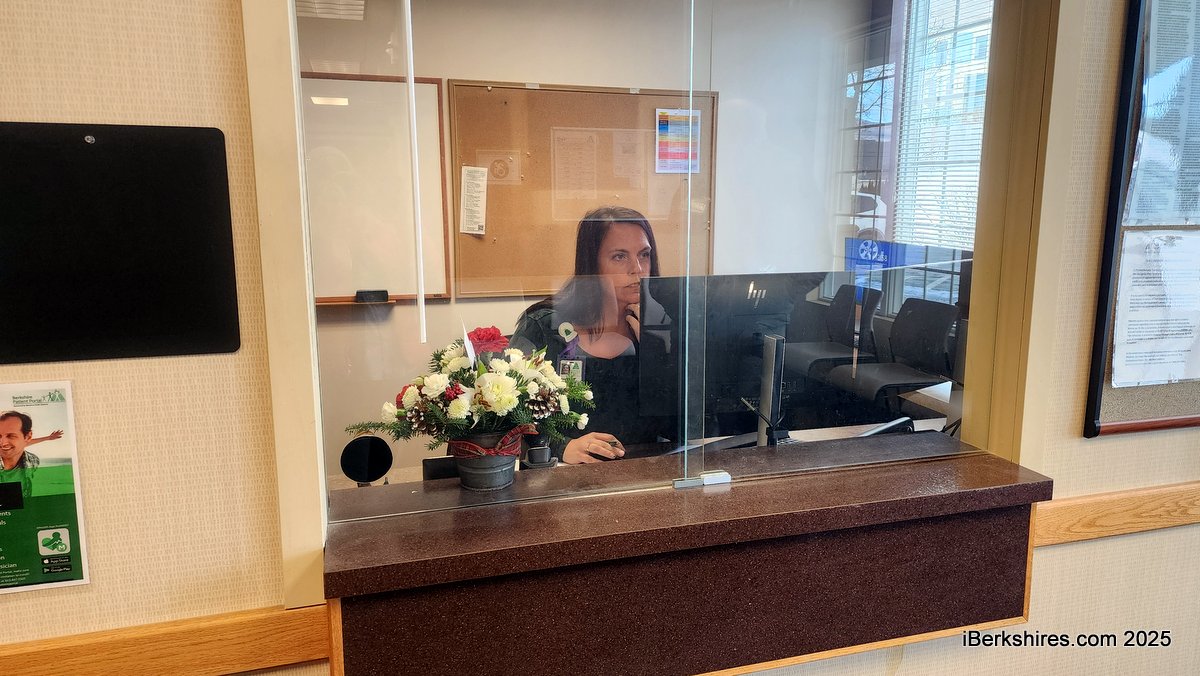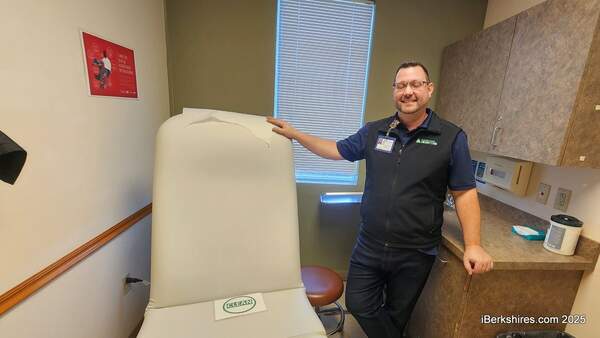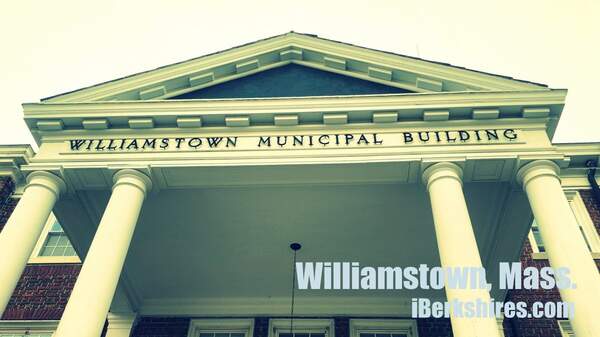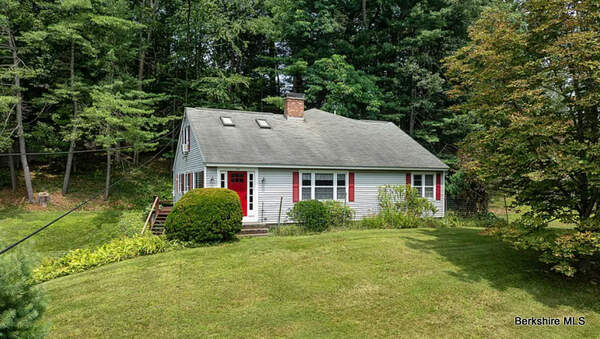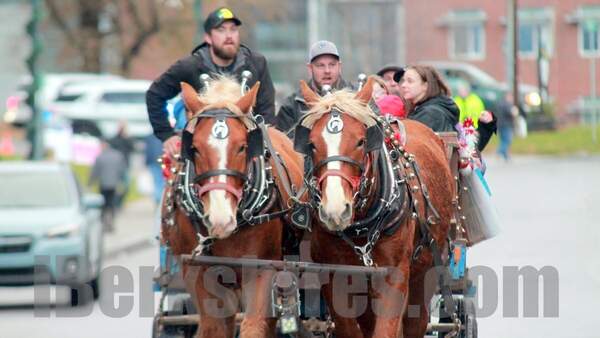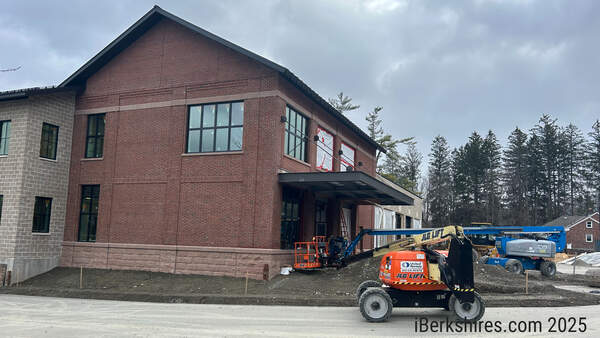Letter: Vote Yes on 33, No on 34
 |
To the Editor:
If you can do so safely, please attend Williamstown's annual town meeting Tuesday at 7 p.m. (in person only) and stay to vote on proposed marijuana bylaws Article 33 (Limited Indoor) and Article 34 (Widespread Outdoor). The only sensible path forward is YES on 33 and NO (or postpone) 34.
We should not agree to postpone Article 33 until next year's town meeting. We'll need Article 33's insurance in the meantime against the intense development pressures we've already seen big cannabis bring to town.
Tabling Article 33 means we'd automatically revert to our woefully deficient 2017 bylaw with virtually no local zoning control (except ZBA general principles). Applicants can build intrusive 100,000 square-foot operations on 5-acre lots throughout our RR2 neighborhoods, with minimal setbacks. These will change the landscape and quality of life for years.
Since 100 percent of the cannabis for medical and recreational pot sold in Massachusetts must be grown in-state (no crossing of state lines), this is a very high-stakes issue. With annual revenues for growers projected at $2-$5 million per 50,000 square-foot canopy, outside investors are motivated to develop rural Massachusetts communities in ways benefiting few.
The expansive fields near Mount Greylock Regional School are prime spots for big cannabis. Making matters worse, the Mass Cannabis Control Commission recently proposed changing how the 500-foot school buffer zone will be measured, from the school building entrance rather than property line.
For Mount Greylock, this means a cannabis operation's required setback from the property line would be eliminated. Skirting that boundary are the school's renowned cross-country trails, used extensively in the fall (prime pot harvest/odor season) by schools and colleges throughout New England.
Any permits granted while new bylaws are being crafted will confer permanent and transferable rights to develop large scale commercial cannabis – including security fencing, processing facilities, generators, trucks, and odors - in our rural and residential neighborhoods.
Let's not take this risk. Let's keep a pause on outdoor until we can develop a thoughtful bylaw allowing small scale operations appropriate to Williamstown. Let's explore craft cooperatives and microbusinesses (5,000 square feet), rather than leaping into large scale (50-100,000 square feet) commercial cannabis.
We should reject Article 34, since it allows big pot (50,000 square feet) and spreads commercial development into our sensitive and pristine Upland Conservation District, where virtually nothing else can be built, not even a cabin.
Thank you!
Anne Hogeland
Williamstown, Mass.
Tags: marijuana, town meeting 2020,

